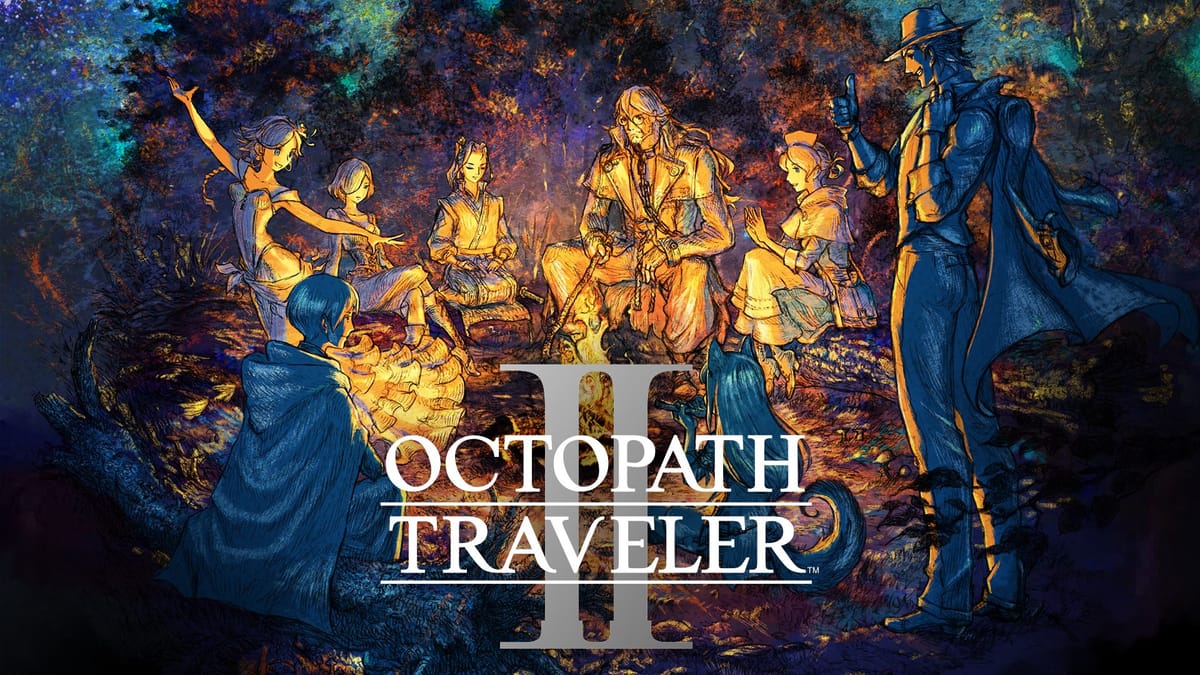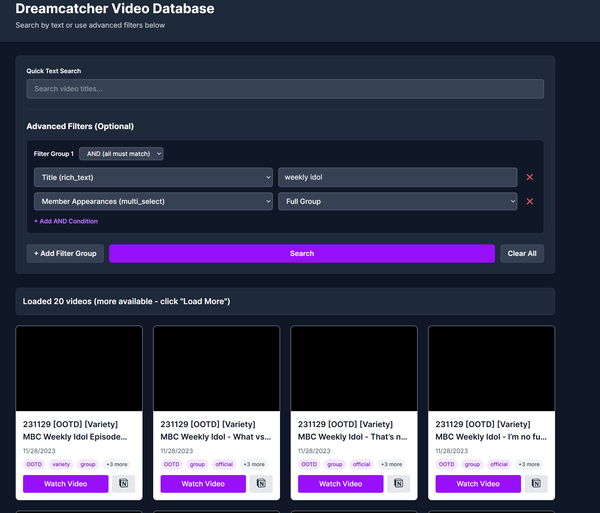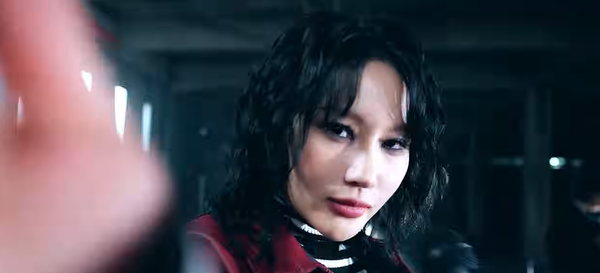Octopath Traveler Is An Old-School Love Letter To Square Enix's Story-Driven Pixel Days
Square Enix is wowing people lately with Final Fantasy VII's modern presentation, but Octopath Traveler's series shows there's still room for old-school simplicity in JRPGs.

When I was younger and my more introverted self spent time in front of the SNES rather than in the big, scary outside, part of the reason why gaming drew me in was characters and stories. Even though in 16-bit land games were limited by pixels and through simple animations, you could tell deep stories and create memorable moments, and back then, Squaresoft (now Square Enix) was, to me, the undisputed ruler of stories.

Whether it was Chrono Trigger or Secret of Mana or what still, to this day is the best JRPG I've played in Final Fantasy VI (released initially as III outside of Japan), every character felt developed and deep. There weren't any throwaways to me - from half-Esper/half-human Terra to thief Locke to whimsical Relm and even the mimic Gogo, each member of the cast had distinct character, motivation, and background. It kept me in front of the TV and procrastinating doing my homework for hours at a time, just wanting to play for an hour or two more to turn the next page of the story.
I'm not quite sure what it was for me, but somewhere down the line, as Final Fantasies got more realistic and eye-popping, or as Square Enix departed from humble pixel-driven days to giant epic setpieces with hundreds of gigabytes of storage, some of that story appeal got lost. That's not to say I didn't enjoy some of Square Enix's later JRPG work - very recently, I finally played Final Fantasy VII Remake and liked not having blocks for hands as Cloud - but for some reason, something felt missing, less charming, less character-driven. And I fully realize some of that might just be me wanting a more simple time when your graphical limitations meant you had to tell more with your text and your characters.
Luckily for the old-school JRPG player in me, the Octopath Traveler games have come to my rescue in recent years. Now don't get me wrong - there are absolutely modernized graphics in the game, most noticeably in spell effects and in the smoothness that makes the overall presentation more appealing. And being able to have a wider set of instrumentation has created what are essentially banger soundtracks for things as simple as regular turn-based fights against lowly monsters. But the path back to pixel characters with limited range of motion and expression has meant that Square Enix had to go back to compelling story to make its eight-member casts interesting - and it pays off in spades.
I remember playing the first Octopath Traveler, and maybe it was because on the Switch it felt like more of a portable game since I played it mostly on-the-go, but I didn't really notice the charm of its presentation until I played it, and the second game, on PC. Between the simple presentation of mechanics, battle, and visuals, combined with a ton of modern quality-of-life items, like fully voiced cutscenes, this was the best of both worlds for me - a classic-looking JRPG that still was able to enhance, but not overtake, its pixel-based charm.
I've found myself missing a couple of writing deadlines playing through the second game in the Octopath series, and having it focus on each character's story chapters while also bringing together members of the party when appropriate really gave me the sense that these travelers, each with their own motivations and distinct goals, aligned with each other for (at first) simple companionship on the road. The "big shiny distractions", like cool traveling vehicles or cutscene-heavy spellcasts or breathtaking animations aren't present, which means job mechanics, short and simple dungeon maps, and distinct look and feel to each party member have to be all the more appealing. Sticking that landing is pretty damn important in a game that hearkens back to humbler graphical days, and for the most part, that's what the Octopath games do.
I know I'll be back at some point to playing JRPGs that hit my graphics card pretty hard and make it work to show me something cool on the screen, and I'll appreciate those games for what they are. With the recent decision by Square Enix to embrace multiplatform, I'll even get to play those games on PC much sooner. But there's no harm in hitting the old-school path every so often, which is why series like Octopath Traveler matter to me. Hopefully, as Square Enix re-aligns itself to try to ensure they deal with what appears to be lagging sales overall, that games with the pixel charm of Octopath aren't casualties. They're a reminder, after all, that there's more than one way to tell a good games story without as much flash, but plenty of depth.




